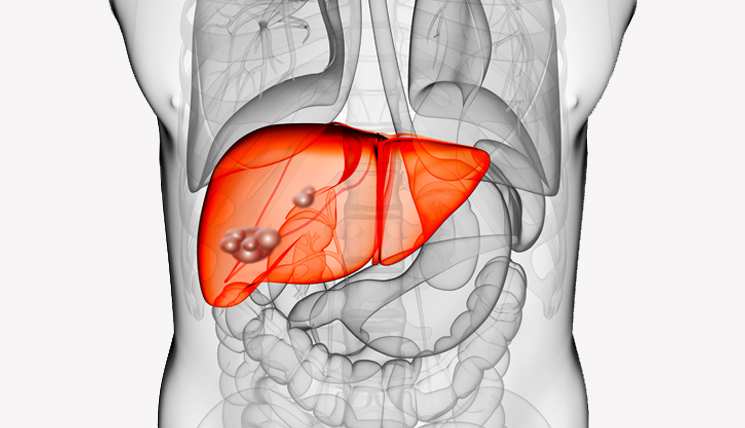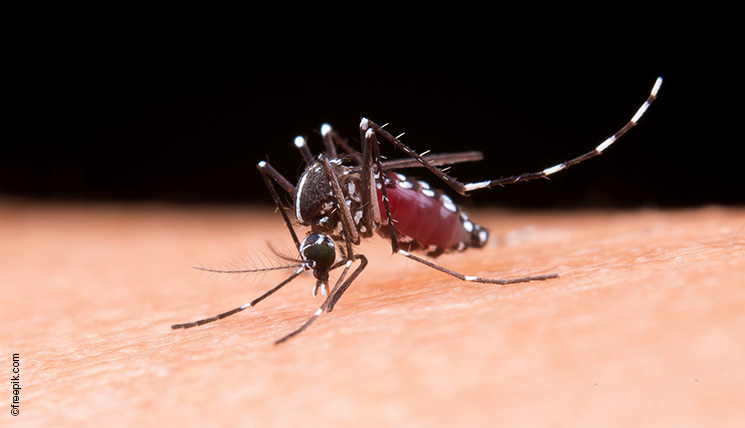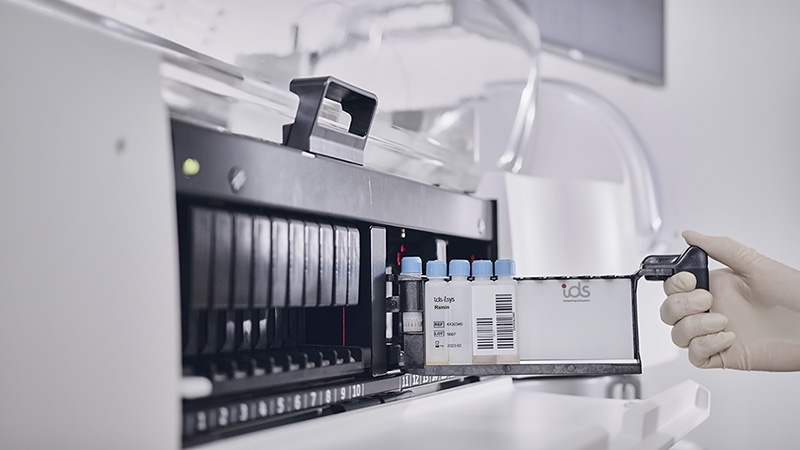Infectious serology at EUROIMMUN does not only include diagnostics of bacterial or viral infectious diseases but also of those caused by parasites.
Examples are the cystic and alveolar echinococcoses which are induced by tapeworm larvae of the genus Echinococcus (E. granulosus and E. multilocularis). The larval stages attack the liver, primarily, and form characteristic fluid-filled cysts which displace (cystic echinococcosis) or invade into (alveolar echinococcosis) the surrounding tissue.
Echinococcosis is diagnosed on the basis of clinical symptoms and imaging techniques. Confirmation is possible by using serological tests for detection of antibodies against the parasite.
The novel Anti-Echinococcus-ELISA (IgG) uses native, highly purified vesicle fluid of E. multilocularis (EmVF) as substrate. EmVF harbors numerous native, parasitic antigens which may be targeted by the immune response of the host. In collaboration with Prof. Dr Bruno Gottstein, head of the Institute of Parasitology at the University of Bern, Switzerland, the vesicles of E. multilocularis are proliferated in culture and thus can be harvested in large amounts at constant composition. The ELISA was developed as a screening test which is suitable for the detection of both antibodies against E. multilocularis and E. granulosus. A validation study with 100 pre-characterised samples (50 samples of echinococcosis patients and 50 samples of other patients) from the “National Centre for Infectious and Parasitic Diseases” in Sofia, Bulgaria, revealed a sensitivity of 96% at a specificity of 96% for the detection of an Echinococcus infection. In external quality assurance schemes, the ELISA reached full compliance with the target values. A positive screening result with the ELISA can be confirmed by westernblot and specified by line blot.
A further specification of the disease type is indispensable due to the different courses and treatments of cystic and alveolar echinococcoses. Often, the differentiation is achieved by imaging techniques. However, the growing overlapping geographical distribution of the two parasites increases the demand for serological diagnostics and differentiation of species. The immunoblot Anti-Echinococcus EUROLINE-Westernbot (IgG) is appropriate for serological differential diagnostics. It combines electrophoretically separated native antigens of EmVF with recombinant, purified antigens specific for E. multilocularis (Em18, Em95) and E. granulosus (EgAgB), respectively, which are applied to the membrane in individual lines. In a validation study with more than 100 pre-characterised samples, the EUROLINE-WB achieved a differentiation rate of > 80%.






